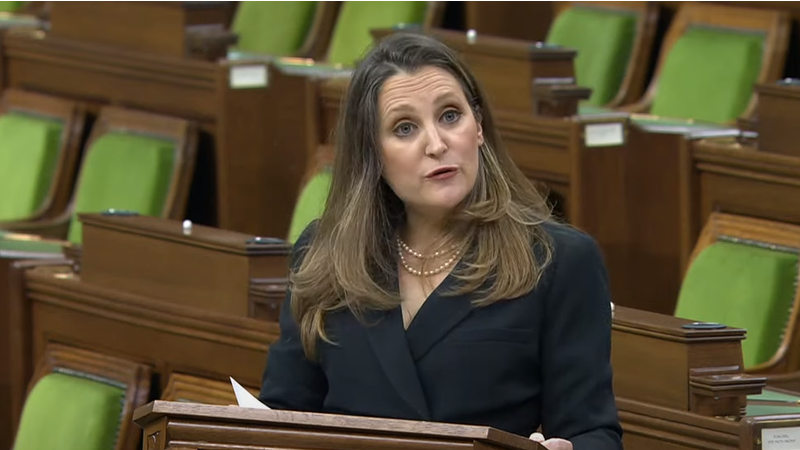
Highlights from the Liberal’s 2021 federal budget
OTTAWA, ONT – The Liberals have unveiled their first federal budget in about two years.
The government is betting that billions more in debt will pay itself back in economic growth by helping thousands of workers find jobs and small businesses adapt to shifting consumer behaviour.
The budget today estimates all the spending should create or maintain some 330,000 jobs next year and add about two percentage points to economic growth.
It includes $100 billion in new spending which will bring the deficit to $155 billion for 2021-22.
